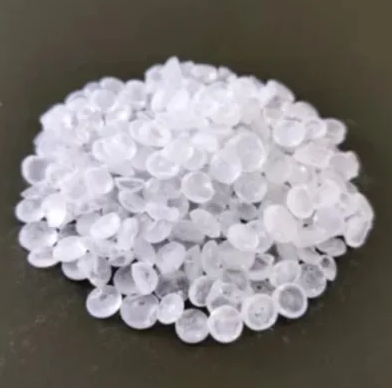What is D-glucose monohydrate used for?
D-glucose monohydrate, commonly known as glucose, serves a crucial role in various industries and biological processes. To address the question "What is D-glucose monohydrate used for?" it is essential to delve into its versatile applications and the underlying reasons for its widespread use.
Applications and Origins:
D-glucose monohydrate is extensively utilized in the food and pharmaceutical industries. Its primary role in these sectors is as a source of energy. In food products, glucose acts as a sweetening agent, contributing to the taste profile of numerous items such as confectioneries and beverages. In pharmaceuticals, it serves as an essential component in oral rehydration solutions and intravenous fluids, playing a crucial role in maintaining glucose levels in the body.
The prevalence of D-glucose monohydrate in these applications is rooted in its molecular structure. As a monosaccharide, glucose is a fundamental carbohydrate that can be readily metabolized by the human body. Its solubility in water and easy absorption make it an ideal choice for various formulations, ensuring rapid availability and utilization in both food and pharmaceutical products.
Significance and Impact:
The significance of D-glucose monohydrate extends beyond its role as a sweetener and energy source. In the medical field, it is an essential component for patients suffering from conditions such as hypoglycemia or dehydration. The controlled administration of glucose aids in restoring energy levels and maintaining hydration, contributing to the recovery of individuals facing health challenges.
Moreover, the impact of D-glucose monohydrate is felt in the broader context of scientific research and biotechnology. It serves as a valuable substrate in cell culture and fermentation processes, providing the necessary energy for the growth of cells and the production of various bioproducts. The use of glucose in these applications underscores its versatility in supporting diverse scientific endeavors.
Conclusion:
In conclusion, D-glucose monohydrate, commonly known as glucose, finds extensive use in the food, pharmaceutical, and scientific sectors. Its molecular characteristics, coupled with its role as a fundamental energy source, make it a versatile and indispensable component in various products and processes. From enhancing the taste of foods to playing a vital role in medical treatments and scientific research, the applications of D-glucose monohydrate underscore its profound significance in shaping diverse aspects of our daily lives and advancing various fields.


